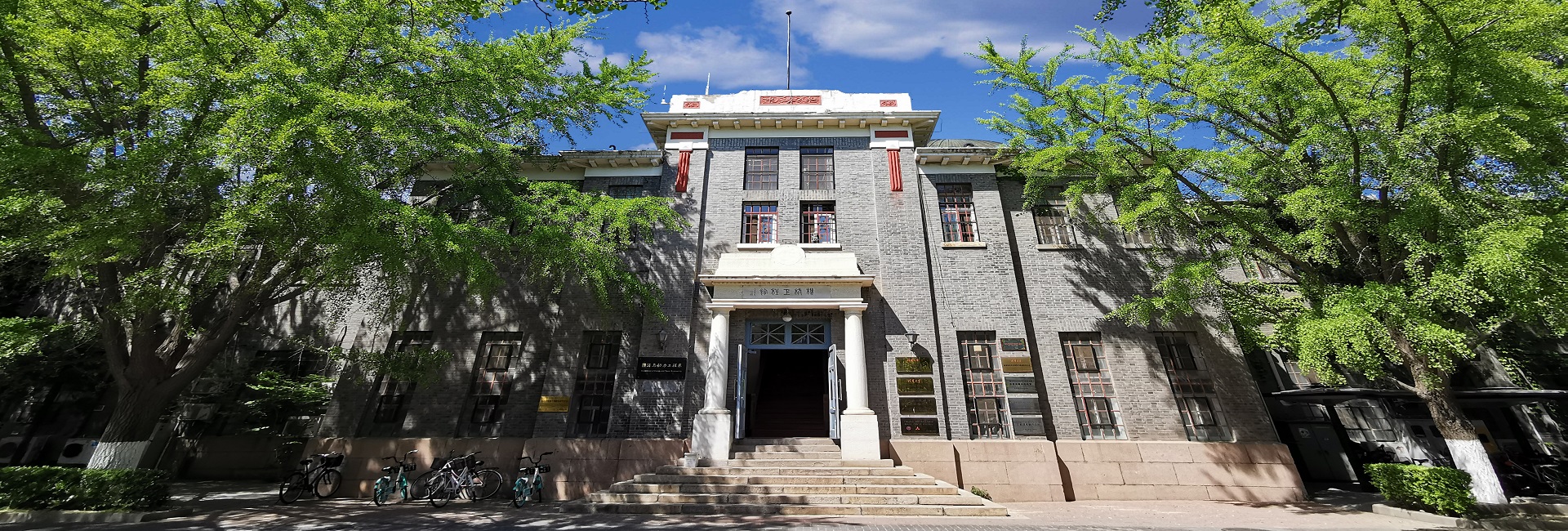报告题目:Ionisation in protogalactic environments
报 告 人🐑:Prof. Kinwah Wu
University College London
报告时间:June 16, 2016 (Thursday) 3:00pm-5:00pm
报告地点:B-515, Lee Shau Kee Building of Science and Technology
Abstract:Our Universe was filled with neutral hydrogen and helium after a recombination era that followed the big bang. In this epoch the Universe was dark, cold and opaque. However, it underwent a phase transition where the neutral gas was re-ionised when the first stars began to shine and the first quasars emerged. The Universe then became transparent, allowing starlight to travel through large distances and reach us. The reionisation era is one of the least understood periods in the cosmological history. It is where galaxies, like our Milky Way, were in their infancy stages, rapidly turning the gases trapped within into luminous stars. In this talk I will discuss the ionisation proecesses in the protogalaxies and their host enviroments, caused by irradiation of UV/X-rays from massive stars and accreting sources and by the bombardment of ultra-high-energy particles generated in the violent processes that are associated with star formation and accretion. I will also show how the ionisation fronts form, develop and propagate. The impacts on our understand of structual formation in the young Univserse will be discussed.
Brief Biography:Prof. Kinwah Wu is the Head of Theory at the Mullard Space Science Laboratory, University College London (UCL) in UK. He was appointed Chair in Theoretical Astrophysics in 2006. Before UCL he was academics and researcher at University of Sydney, Australian National University and NASA-MSFC. Prof Wu’s current research interests include radiative transport, high-energy astrophysics, large-scale magnetic fields, accreting systems, black holes and general relativity. He has published more than 150 scientific papers in peer review journals, covering a broad range of subjects from astrophysics and physics to biomedical sciences. Prof Wu has supervised 12 PhD students and more than 30 other university research students and was awarded the Royal Society Kan Tong Po Professorship (2009) and received the NSW State Expatriate Researcher award (2006).
